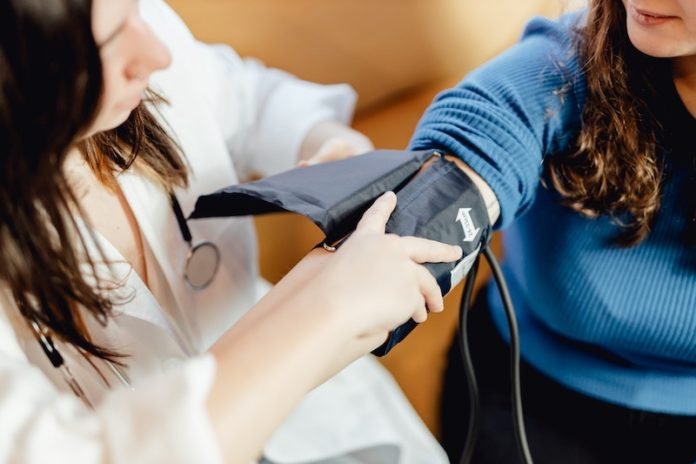
When people go to the hospital for problems not related to the heart, sometimes their blood pressure goes up. This might be because they’re stressed, in pain, or reacting to new medicine.
High blood pressure can lead to big problems like heart attacks. But sometimes, it just goes up for a short time and doesn’t hurt anything.
This is called ‘asymptomatic hypertension’. Even if it doesn’t seem to cause problems right away, doctors might give medicine to lower it.
What Did the Doctors Find Out?
Doctors at Beth Israel Deaconess Medical Center looked at older adults in the hospital. They wanted to see what happened when these patients got strong blood pressure medicine.
They found that giving this kind of medicine to patients who were in the hospital for non-heart reasons might actually do more harm than good. This was especially true when the medicine was given in a drip, not as a pill.
What Did the Study Show?
The doctors looked at more than 66,000 older people who were in the hospital.
About 1 out of every 5 of these patients got strong blood pressure medicine they weren’t taking before they came to the hospital. Out of those, about 18% got the medicine through a drip.
When they looked closer, the doctors saw something concerning. The patients who got the strong blood pressure medicine had more health problems.
They had more heart problems, kidney problems, and some even had to go to the ICU. The ones who got the medicine through a drip had even more risks.
What Does This Mean for Hospital Patients?
Dr. Timothy Anderson, who was in charge of the study, said that treating high blood pressure right away in the hospital might not be a good idea.
It might even hurt patients more than it helps. He thinks that doctors should think twice before giving strong blood pressure medicine, especially through a drip.
Anderson believes that until there’s more clear information, doctors should be careful about how they treat high blood pressure in the hospital.
He says, “We should think about why we’re checking blood pressure in the hospital. Maybe we need to change how we do things. Giving strong blood pressure medicine when it’s not needed should be rare.”
Conclusion
If someone’s blood pressure goes up in the hospital, it doesn’t always mean there’s a big problem. Sometimes, giving medicine to lower it might cause more problems.
It’s important for doctors to think carefully and make sure they’re doing what’s best for their patients.
If you care about kidney health, please see recent studies about drug duo that may treat kidney failure, and results showing these vegetables may protect against kidney damage.
For more information about blood pressure control, please see recent studies about teas that may help reduce high blood pressure, and results showing this recommended high blood pressure drug may have dangerous side effects.
The study was published in JAMA Internal Medicine.
Follow us on Twitter for more articles about this topic.
Copyright © 2023 Knowridge Science Report. All rights reserved.



